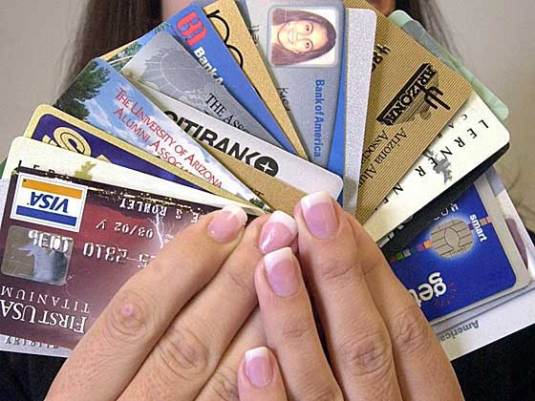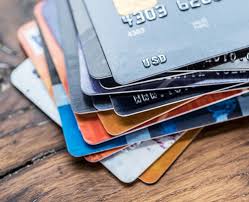Every day seems to bring a new credit card to the market, with companies enticing consumers with a combination of welcome offers, low interest, and exciting rewards. Department stores, online retailers, and other companies start offering their own cards, which only adds to the available options.
But is there a limit on how many credit cards you should keep active? The average American has roughly 2.7 credit cards, and the figure includes those who have at least one card. It means that many Americans who qualify for a credit card end up getting at least a couple more.
Should you limit yourself to a certain number of cards? Or does the number of cards you own not matter? Below is our guide on how many credit cards is too many.
Total Debt Matters Most
Obtaining more credit cards does not harm your credit score. So long as you are maintaining your older card accounts, opening a new card every 12 to 18 months is not going to cause you credit score problems.
The only time you would negatively impact your credit score is by accruing a lot of debt on the card accounts that are active. It is the total debt you are carrying, relative to your credit lines, which may harm your credit score.
It is called the credit utilization ratio, and it refers to the percentage of your available credit you have spent. If your credit utilization ratio is below 30 or 40 percent, you are in good shape.
Pay Off Your Cards Every Month
Most experts would tell you that it is best to pay off your credit cards in full every month. It does not matter if you have one or eight credit cards – pay the balance before it starts accruing interest.
If you are paying your balance in full, you are not going to pay a dime in interest. It also ensures you will never suffer on your credit score because of late payments or defaulted accounts.
Avoid Excessive Card Turnover
The total card accounts that are active in your name does not harm your credit score. Rather, paying off each of those cards each month shows you are a responsible lender, which boosts your score.
The issue lies in constantly opening and closing card accounts. If you have a habit of signing up for two or three new cards each year, and closing the previous accounts, you may harm your credit score.
These scores consider the age of a credit card account, with older accounts boosting your score. Try to avoid credit card turnover by keeping the older accounts open, while only signing up for one new card each year.
When you get to a stage where several of your credit card accounts are many years old, you can cancel one of them every couple of years without damaging your credit.
No Credit? No Problem
The best credit cards are only available to people who have good to excellent credit scores. Individuals who are arriving in the U.S. may not have any credit score, but they can still obtain a credit card. There is a list of top credit cards that are available to people with no or low credit.
The other option is to try and transfer your credit information from your home country to the U.S. There are services, such as Nova Credit, which allow you to transmit that information to American credit card issuers. It may not get you up to an excellent credit score, but it would be enough to get you a very decent rewards credit card within months of arriving in the country.
Think Of Owning Credit Cards as a Marathon
A lot of people treat investing in credit cards as a sprint. They appear in a rush to obtain as many cards as possible, while spending a lot of money on each card. It is not the best way to maximize value from these cards, or to maintain a high credit score.
It is much better to think of the process as a marathon. Start with one or two cards, ensure you are paying your balance in full, and then obtain more cards as you achieve a higher credit score.
Try to keep at least a couple of your older credit cards active, as old accounts in good standing boost your credit score. Also ensure that your credit utilization ratio is not going above 40%. So long as you follow these pointers, there is nothing wrong with having five, six or seven credit cards.


